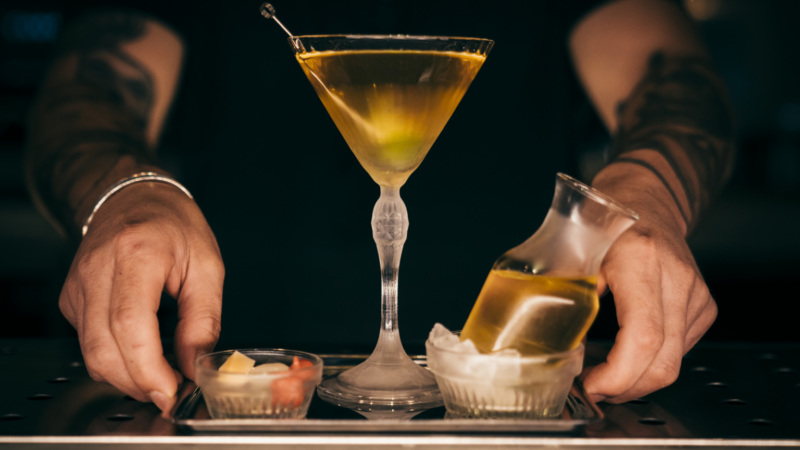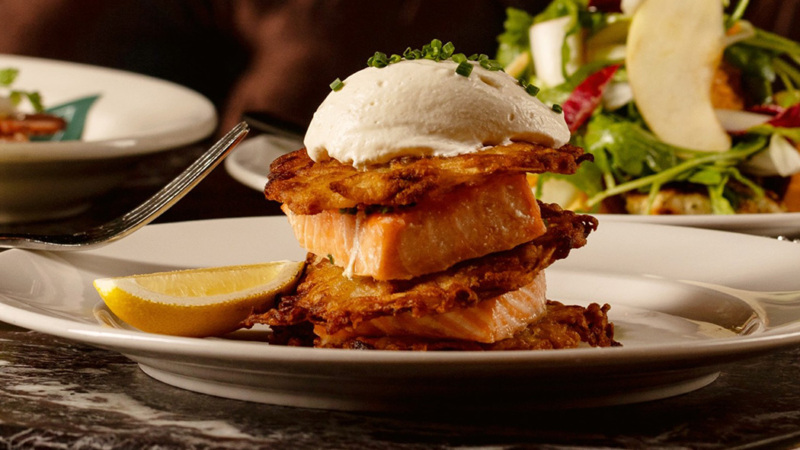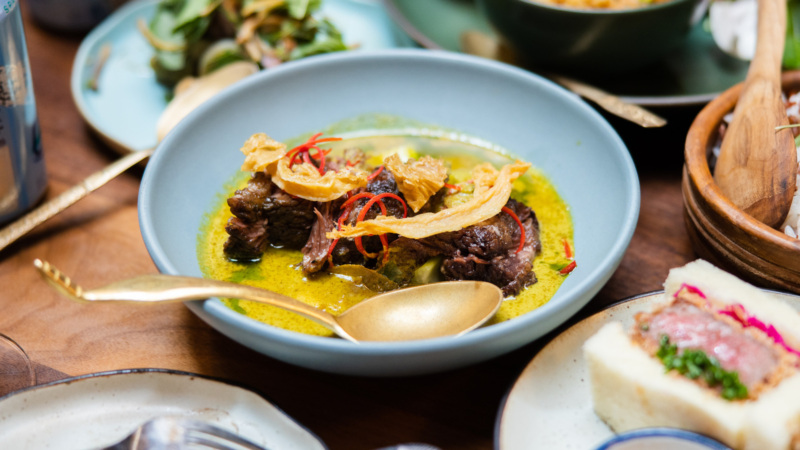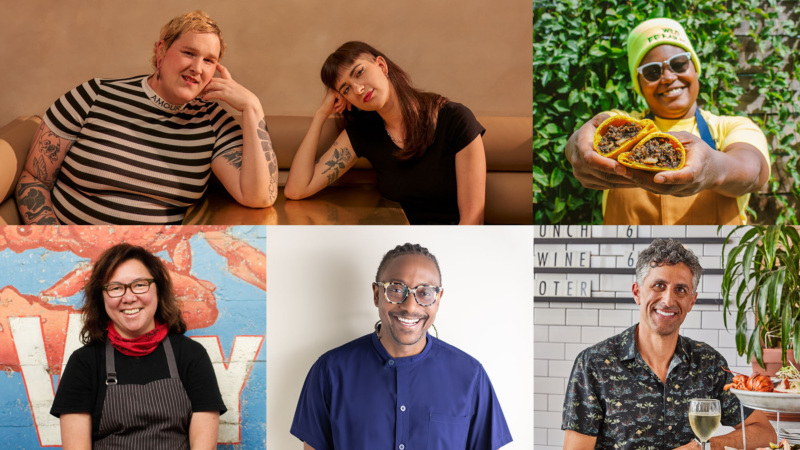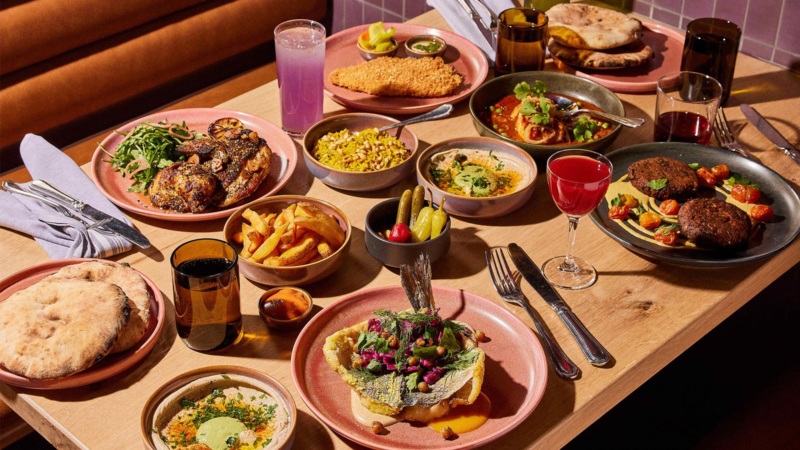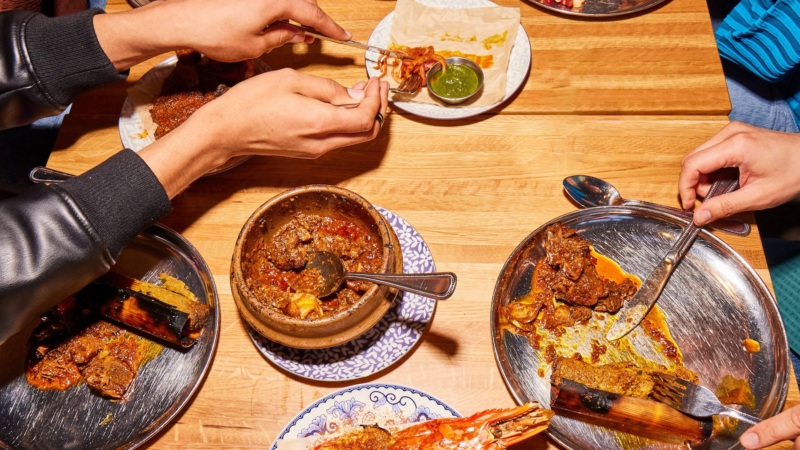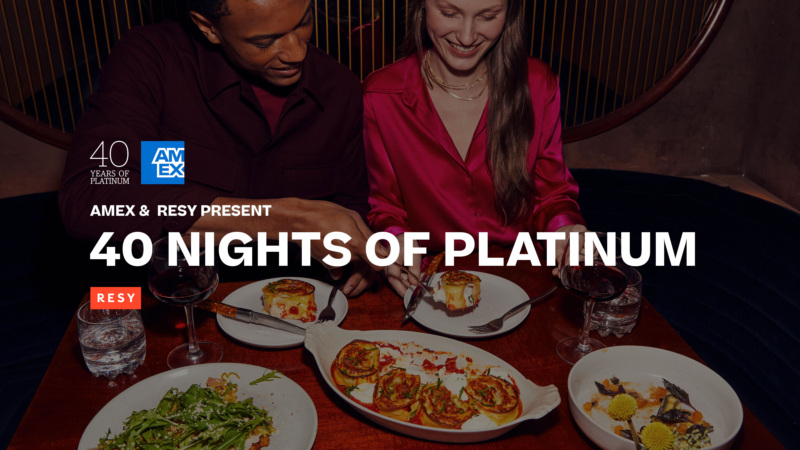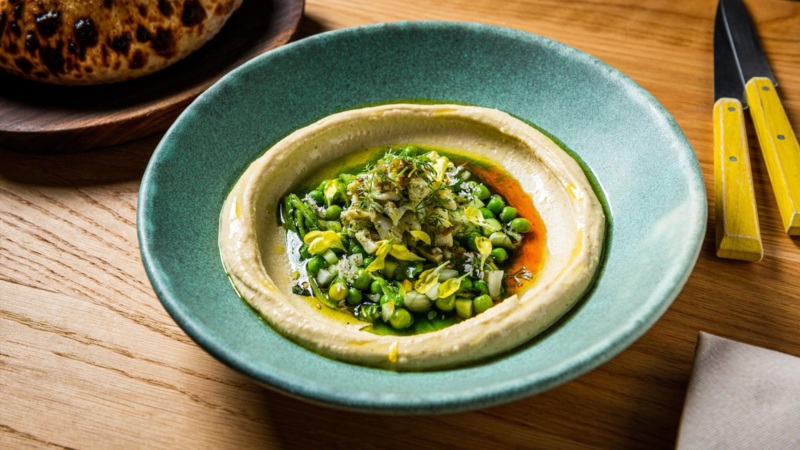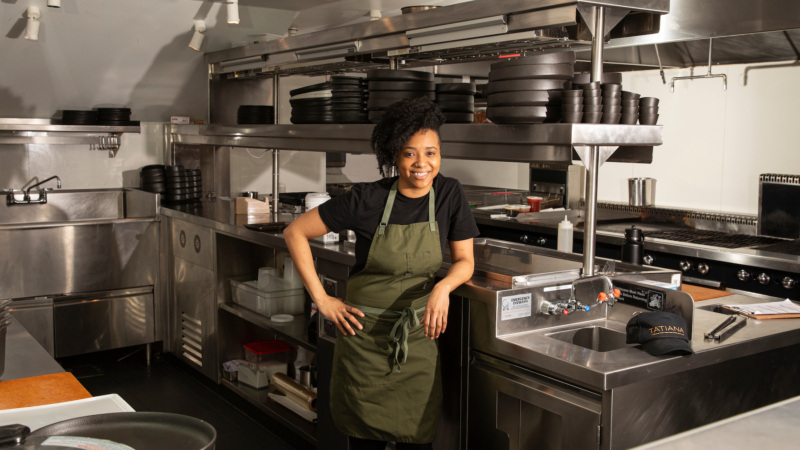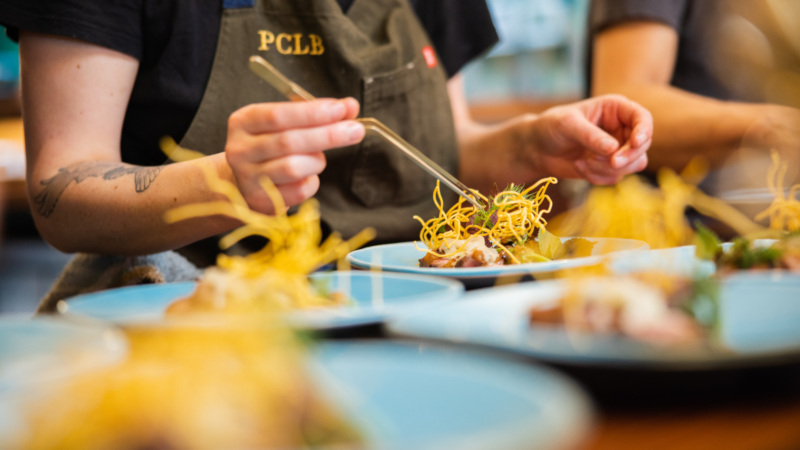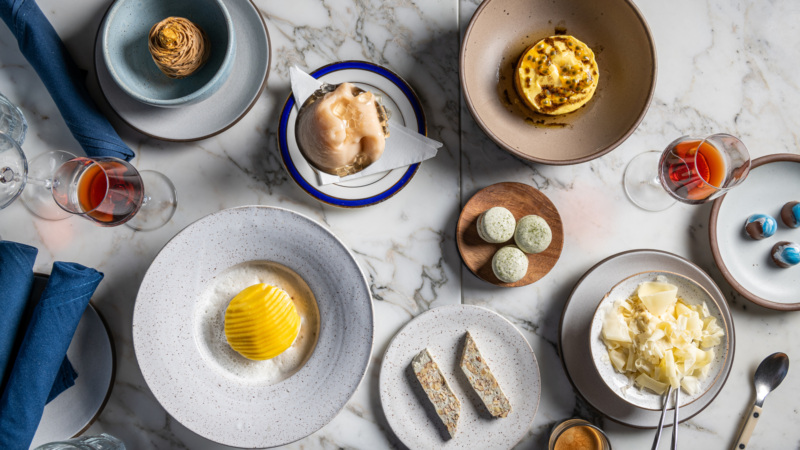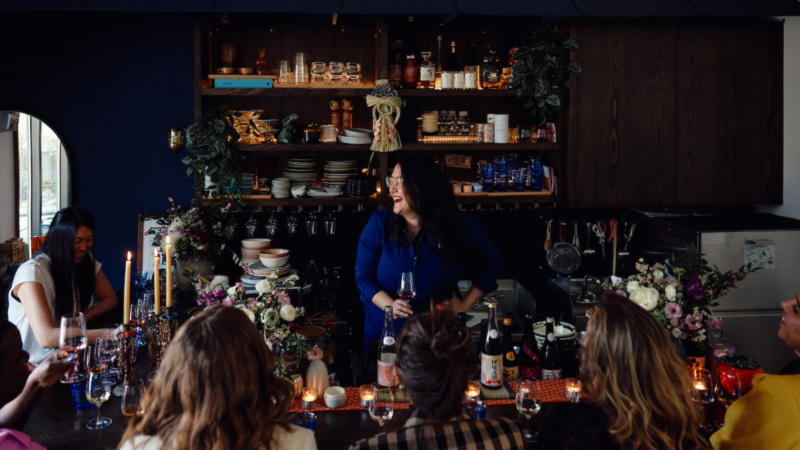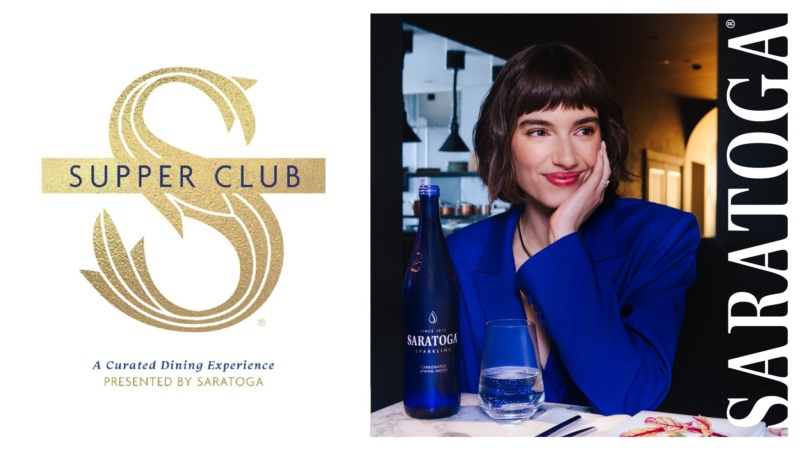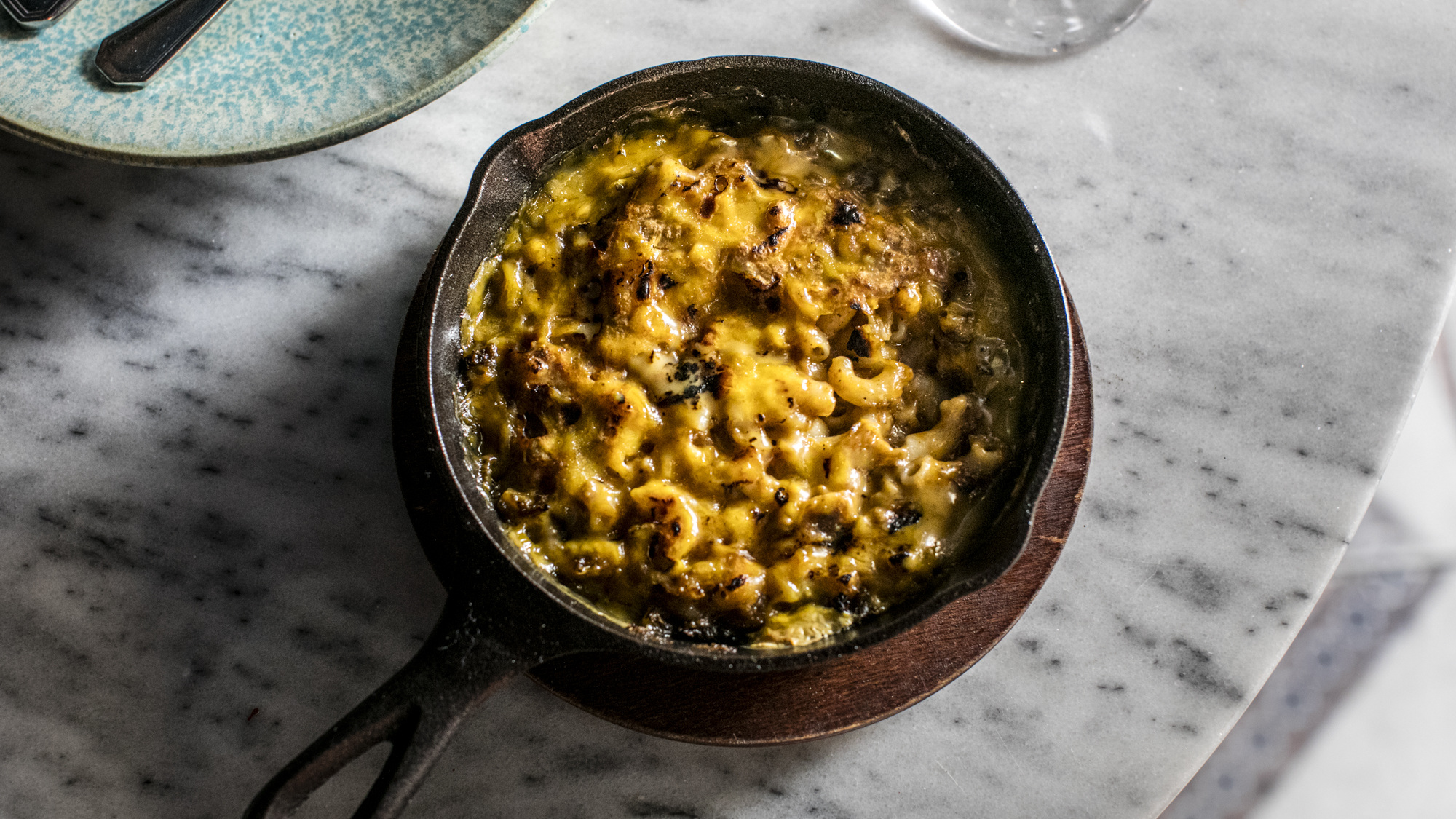
Black Food Folks Present National
For Black Chefs, Vegan Restaurants Mean Nourishment — and Empowerment
This story is part of an ongoing partnership between Black Food Folks and Resy.
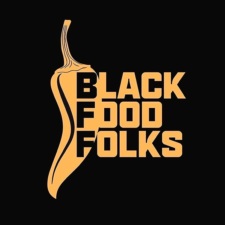
On a bright, languid Sunday afternoon two decades ago, Nina Curtis was strolling along the famously eclectic Venice Beach boardwalk and suddenly stopped in her tracks. “There was a women’s bodybuilding competition on the beach — and I’m not talking about standing on stage with a bikini. It was hardcore flexing like the guys do,” Curtis said. “I was mesmerized by their physiques; I’ve never seen anything like that before.” A natural athlete with a competitive edge, she walked across the boardwalk to a gym, signed up for a membership — and right there, began her decade-long stint in competitive bodybuilding.
About five years in, though, something unexpected happened. Curtis felt her body reacting to meat differently; so, looking for alternative solutions to building muscle, she began researching veganism. “I got into loving veganism,” she said.
Her newfound passion also sparked a career pivot to the food world. She attended the Natural Gourmet Culinary Institute in New York City and blossomed at fine dining vegan restaurants like The Ranch Malibu and Pure Food and Wine. Three years ago, she was recruited to open Vitaliz Cafè in Northern California, as its culinary arts department director and executive chef. Now, she sees food as a form of medicine and takes that mantra seriously, working to remove the stigma of what food in the health care system looks like. She’s also won awards for her approach to vegan cuisine, with signature dishes like a lentil-walnut compote, enlivened with smoky chipotle and cumin.
Shenarri Greens also transitioned to veganism, albeit through a different path. As a restaurant manager and bartender in Washington, D.C., working long days and nights began to take a physical toll. Three years into her career, she knew something had to change. In 2017, she went vegan cold turkey for 30 days, then extended it to 90 days—and kept going. Last summer, Greens teamed up with Overthrow Hospitality as the executive chef for Cadence, a forthcoming vegan soul food restaurant in Manhattan that will spotlight Southern foodways through the lens of health and sustainability.
Curtis and Greens are not alone. Many Black folks turn to veganism as a vehicle to reclaim autonomy over their bodies, and a form of empowerment over what they consume, even in less than ideal circumstances.
While some transition to veganism for personal reasons, eating a plant-based diet has been a part of many cultures for centuries. Now, a new generation of restaurants across America — from Ras Plant Based in New York to Vegan Mob in Oakland — continues to push forward the movement, with a path forged by trailblazers like Original Soul Vegetarian in Chicago and Bryant Terry in the Bay Area.
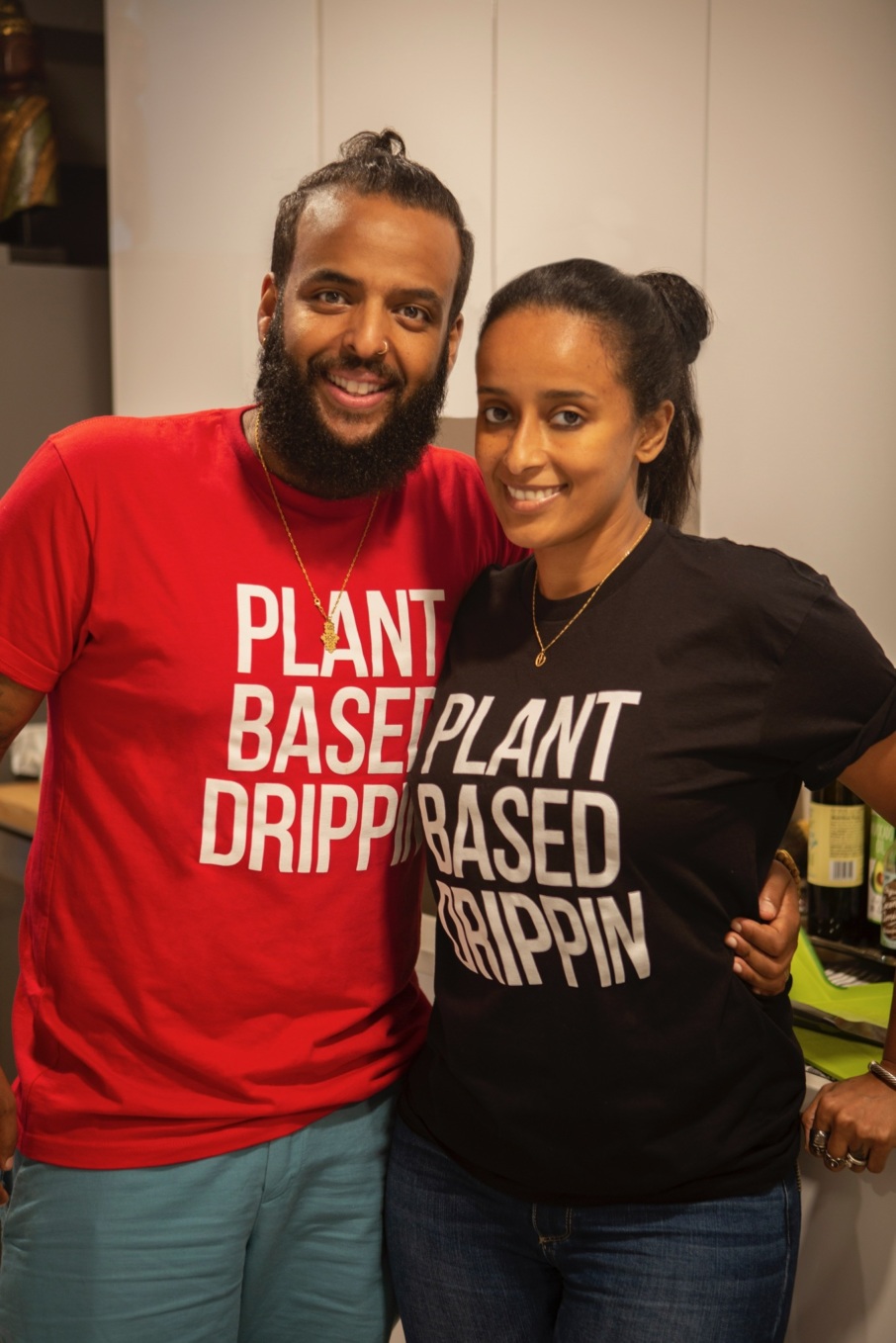
For Romeo Regalli, who owns Ras Plant-Based with his wife Milka Regalli, the restaurant is rooted in celebrating their Ethiopian heritage and incorporating sustainable food practices.
While Regalli grew up on vegetable-heavy meals, he switched to a completely plant-based lifestyle after learning about the food system. “That’s what really changed my perspective about food and how we consume it,” Regalli said. “I started to educate myself on global warming, what consuming so much meat does to our environment, and the health issues that come along with our current food systems.”
As the prevalence of food insecurity and the effects of environmental pollution continue to disproportionately affect Black communities, he sees veganism as a form of resistance and a vehicle for decolonizing what — and how — we eat, taking inspiration from Africa. For Regalli, serving plant-based meals is a subversive middle finger to Big Food and its penchant for destruction and waste. “I don’t want to support companies that aren’t making sure there are enough resources for everyone in the years and decades to follow,” Regalli said. “At the end of the day, it’s about the money for them. They don’t care if we die or if the word is upside down, as long as their pocket is good.”
Ras Plant Based is an extension of this ethos, and only sources organic ingredients for items like their popular mushroom tibs, sautéed with berbere, tomato, onion, jalapeño, and rosemary. However, Regalli makes a distinction on why the restaurant focuses on plant-based cuisine, keeping in line with Ethiopia’s tradition of eating whole, unprocessed foods. “Veganism in Ethiopia is ancient; there is no processed anything,” Regalli said. “You can eat unhealthily and still be ‘vegan’, so we’re focused on plant-based foods that are also 100% vegan.”
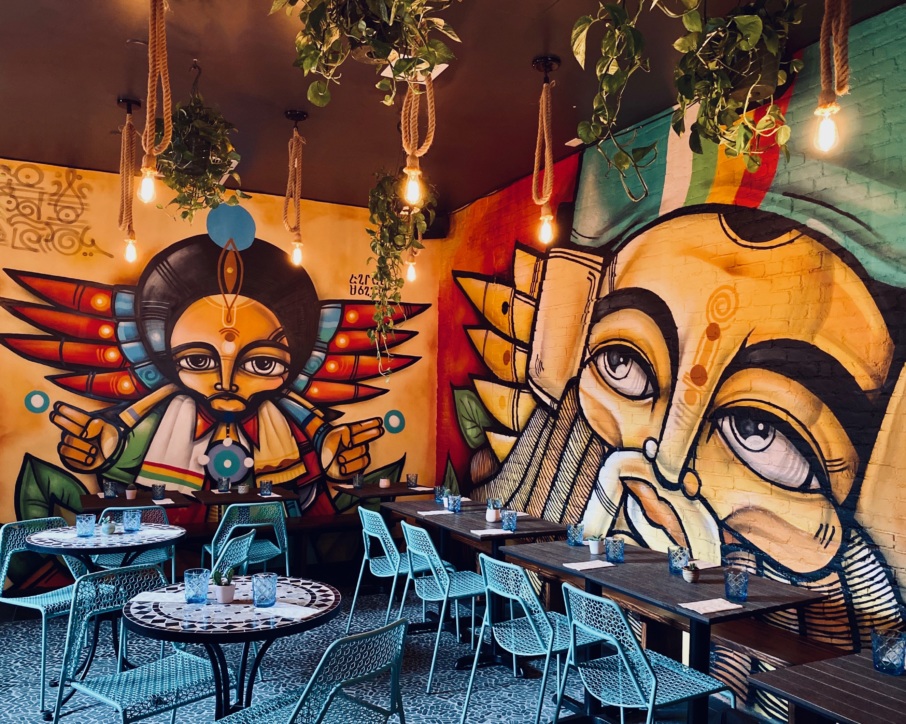
Outfitted with vibrant murals, Ras Plant-Based is a reflection of Ethiopia’s capital city and its vibrant art scene. “When you come into the space, we want people to feel like they’re not in New York anymore,” Regalli explains. “We want them to feel like they’ve been transported to Addis Ababa, where there are all these murals everywhere.”
While reasons vary for going vegan, Black vegan restaurants all seem to have a spirit of inclusivity — a “come as you are” and judgment-free approach that doesn’t emphasize restrictions. The goal is to educate, empower, and expose people to a different lifestyle, without forcing down a particular doctrine.
“Nowadays there’s a lot of people that are trying to transition into a vegan lifestyle,” Regalli said, noting that they have included tofu and seitan on the menu for diners, items typically not found in traditional Ethiopian cuisine. “We want to make it easy for them.”
At Cadence, Greens echoes a similar sentiment. “I’m not the kind of vegan that is always pressuring people, and I know not everybody wants to be vegan. But I educate people on healthier alternatives, whether they’re plant or animal-based. I try to teach people about reading labels and the little choices that can make such a huge impact on their food choices.”
A Virginia native, Greens describes her food as “soul and Southern food inspired, with a little bit of fusion.” That means reimagined classics like stuffed collards with Cajun rice, shiitake mushrooms, poached pears, and sweet balsamic glaze.
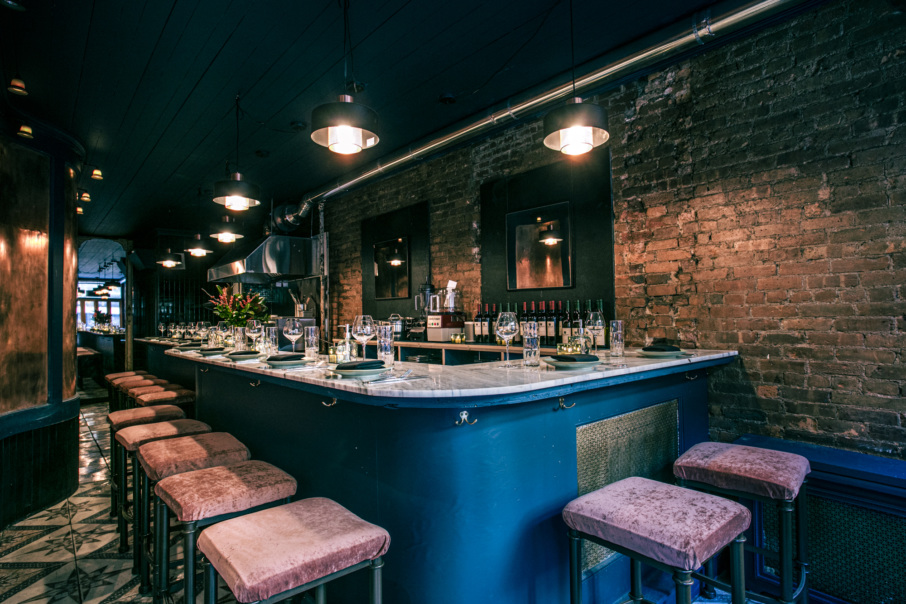
She envisions her forthcoming restaurant space as a community hub for vegans and non-vegans alike, with soulful classics playing in the background and mellow, earthy scents that remind her of the warmth and hospitality of Black households. “I don’t want it to be just centered around food. It should be a whole experience,” she said. Greens also oversaw the design of the intimate, 16-seat restaurant, with exposed brick and copper panels bouncing light from overhead, giving the dark walls a welcoming glow reminiscent of a Harlem Renaissance speakeasy. “It’s a bit posher than I expected it to be,” Greens said, “but that’s okay, because we deserve luxury, too.”
Through their restaurants, this new generation hopes to break the perception that vegan food is one-dimensional, monotonous, or even worse, unseasoned. By highlighting complex flavors and their cultures front and center, they celebrate the glory, beauty, and diversity of Black and diasporic foodways, focusing on what is born from the land and showcasing them without apology. Being Black and vegan is more than eating plant-based foods: it’s to call on a wellspring of rich history and the possibility of what food can do — and sharing this idea with others.
Vonnie Williams is a first-generation Ghanaian-American and food writer. Follow her on Twitter and Instagram.

